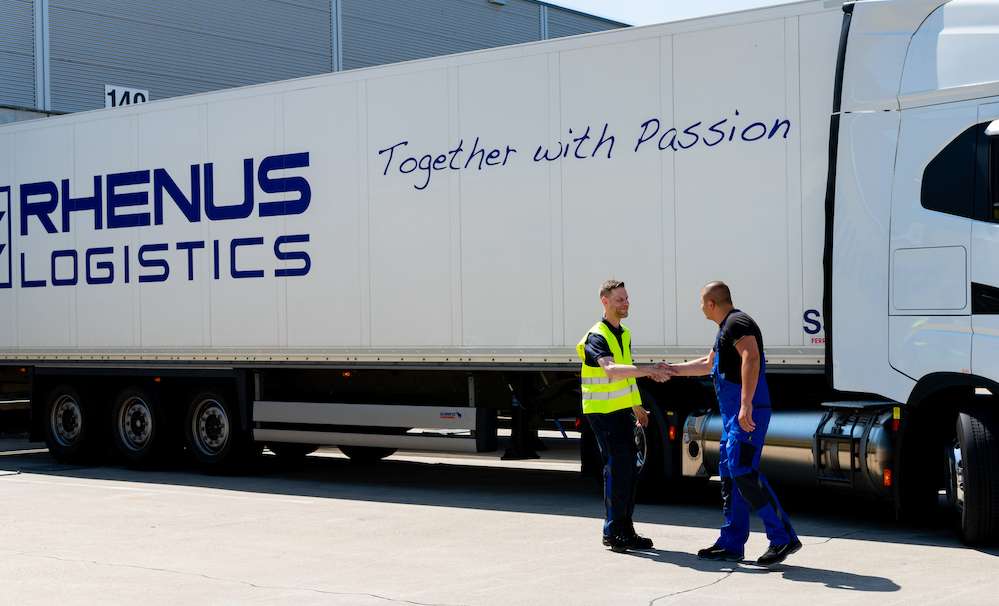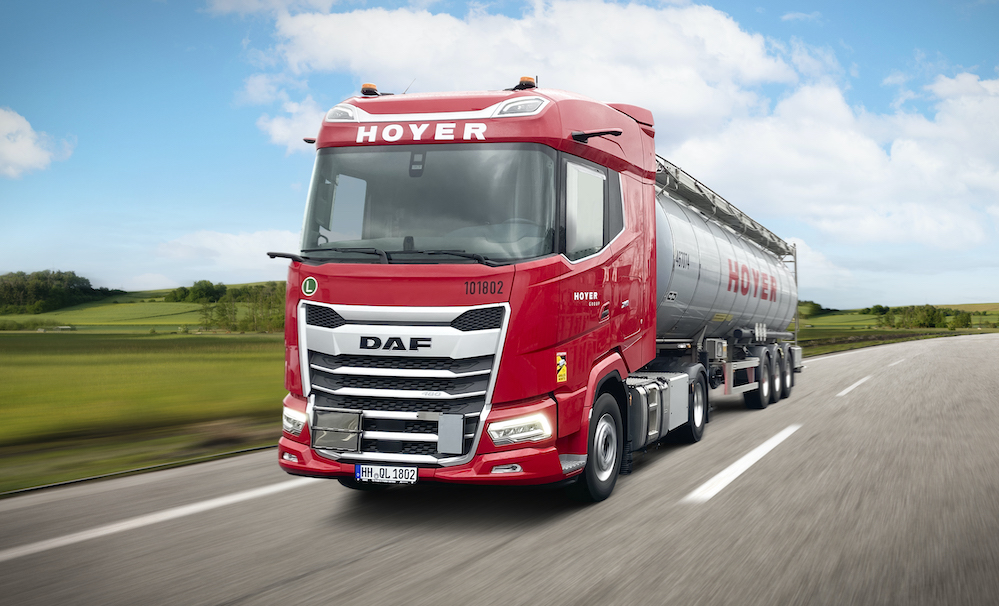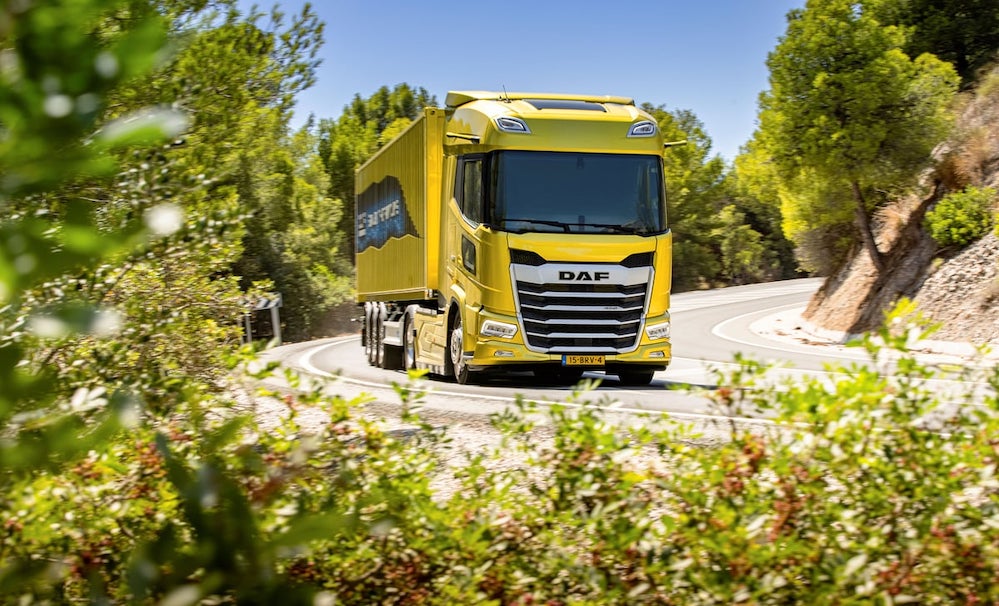Rhenus Road Freight is updating the structural process behind its European groupage freight network with a new system called Groupage Network 2.0. Daily cross-border transport services, which include all of the company’s European branches, will cut transit times and boost reliability in the long term. Rhenus has now strengthened the first routes in various European countries – and particularly in Germany – during a pilot phase, before the solution is rolled out to include all cross-border services in Europe at the turn of the year.
Groupage Network 2.0 is a network project that covers Europe; all Rhenus Road Freight national organisations on the continent are involved to an equal degree. Rhenus has set itself the goal of transporting a much larger proportion of consignments in a significantly shorter time with the maximum degree of reliability. The countries have been working on the new structure for more than two years in order to gradually establish the processes. The central issue here has been to determine how Rhenus can achieve a clear advantage for its customers. “By offering daily departures from all the regions of Europe to all the destinations and setting up a central European hub at the same time, we’re enabling our customers to organise their production, dispatch operations and ordering behaviour along their supply chains without having to pay attention to just individual departure days, such as Tuesdays and Fridays, for example,” says Carsten Hölzer, Managing Director of Rhenus Road Freight.
The Rhenus Group has been providing its customers with consolidated road services such as consolidating small consignments, cartons and pallets weighing up to three tonnes via its European groupage freight network since 1962. Daily, closely synchronised, scheduled departures have only been common at highly industrialised centres such as Paris, London, Milan, Barcelona or the Rhine/Ruhr region up to now. In contrast to this, it was hard for freight forwarders to put together enough volume for their vehicles in less important industrial regions and fringe areas such as Central and Southern Italy. As a result, Rhenus, like many other market participants, sometimes only offered two departures per week, depending on the region concerned. Rhenus will connect all European regions on a daily basis through its Groupage Network 2.0 system in future.
The international logistics specialist launched the pilot project on all its European gateway connections in order to assess the new routes. “We’re testing its introduction locally in order to recognise any emerging problems at an early stage, identify further features and actively adjust things so that the Europe-wide process runs smoothly from January onwards,” says Carsten Hölzer. To achieve this, Rhenus has also set up a central European hub. The transhipment centre in Hilden, North Rhine-Westphalia, enables short routes for the main transport service and is therefore the best site strategically to connect the European destination regions with each other on a daily basis.
Thanks to these structural changes, Rhenus is achieving a higher degree of efficiency and improving the load factors on its vehicles at the same time; it can also offer its customers shorter delivery times. The new Groupage Network 2.0 structure is designed to enable transit times of no more than 96 hours (premium service) for almost 90 percent of all the consignments within the Rhenus European groupage freight network. The newly defined processes also create greater transparency within the network. In future, the general cargo network will become a standard European communications platform for tracking the entire transport process and therefore create the condition for ensuring that customers at each site in each country obtain the same product promise.







